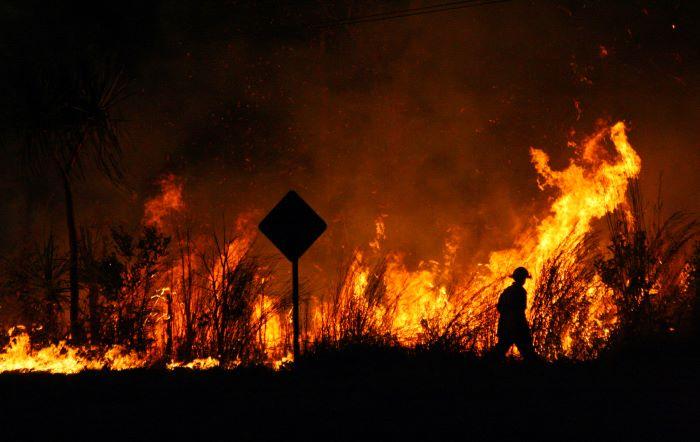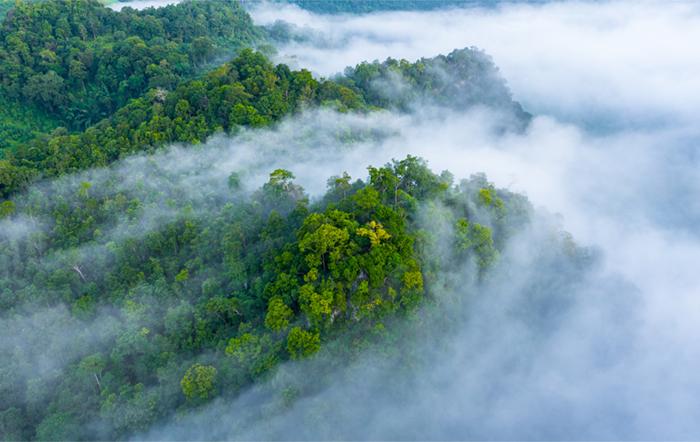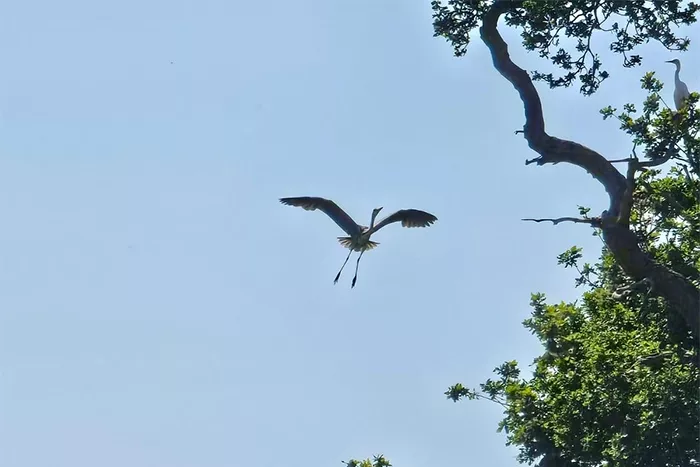The atmosphere’s growing thirst for water is making droughts more severe, even in places where rainfall has stayed the same. New research by Dr Solomon H. Gebrechorkos and Prof Simon Dadson et al in SoGE, published in Nature, finds that this “thirst” has made droughts 40% more severe across the globe.
News
Shell slims down to shape up for the energy transition
The FT covers Royal Dutch Shell's net zero emissions strategy and plans. With comment from Ben Caldecott.

What the world can learn from clean energy transitions in India, China and Brazil
Clean-energy technology and deployment in emerging economies are critical for a global energy transition. New research led by Radhika Khosla explores how fast-growing countries can not only develop their own sustainable systems, but provide a source of learning and knowledge to influence global trends. The study investigates key examples from the three largest emerging economies: solar power in China, LEDs in India and biofuel in Brazil.

Wildfires, hurricanes and vanishing sea ice: the climate crisis is here
Scientists warn extreme, weather-related events around the world show the economic and social costs of a warming planet, writes the Financial Times. With comment from Friederike Otto, associate director of the ECI: 'Where we really see the clearest and biggest sign of climate change is in extreme temperatures.'

Oxford has wettest October day since rainfall records began in 1827
Oxford University researchers have recorded the wettest October day since daily rainfall records began at the Radcliffe Meteorological Station in January 1827. 60.0 mm of rainfall was observed in the rain gauge on Saturday 3rd October 2020, which was the sixth wettest day of the 70,000 days in the records, and the rainiest day in Oxford for over 47 years.

Amazon study shows big conservation gains possible for imperilled freshwater ecosystems
A new study, published in Science magazine by an international team in the Brazilian Amazon, shows that redesigned conservation projects could deliver big gains for critical freshwater ecosystems - raising hopes for the futures of thousands of species. 'In a time when the Amazon is under increasing pressure from human activities, this paper provides effective solutions for biodiversity preservation,' explains co-author Erika Berenguer.

Why are coronavirus rates rising in some areas of England and not others?
Danny Dorling co-authors a new article explaining why more coronavirus tests will not see an equal rise of positive cases across the country. Read in full via The Conversation.

Forbes: China Just Promised To Go Carbon Neutral By 2060
But how can China to achieve this goal? Yangsiyu Lu, researcher at the Smith School, suggests the country ought to focus on three key policy areas: coal, technology innovation in electricity generation, and nature-based solutions.

Oxford launches new principles for credible carbon offsetting
Researchers from across the University of Oxford, led by Ben Caldecott and Eli Mitchell-Larson, have launched new carbon offsetting principles to ensure the 'net' in net zero is credible. The guidelines provide a key resource for the design and delivery of rigorous voluntary net zero commitments by government, cities and companies around the world.

Trash talk: 'no time to waste'
Alexis McGivern, Environmental Change and Management MPhil at the ECI, studies trash. More specifically, the environmental justice implications of waste management interventions. In this article for the Oxford Science Blog, Alexis highlights some of her recent research, published in the journal Science, exploring the worrying gap between global commitments and current levels of plastic pollution.

Why Working From Home Makes More Sense Than Ever: Lessons From The Lockdown
Philipp Grünewald, ECI's deputy director of energy research, contributes to this article from Forbes. His research has found that during the UK's COVID-19 lockdown, more people working from home reduced the large peaks in electricity usage seen in the evenings, pre-lockdown. Read on to find out why this change is good news from the energy perspective.








